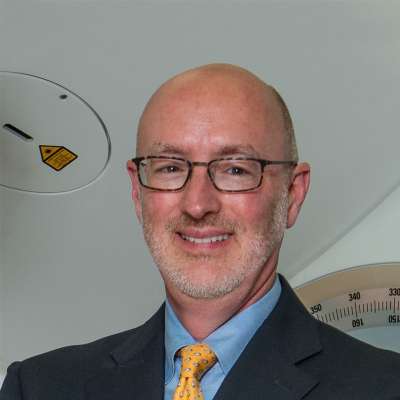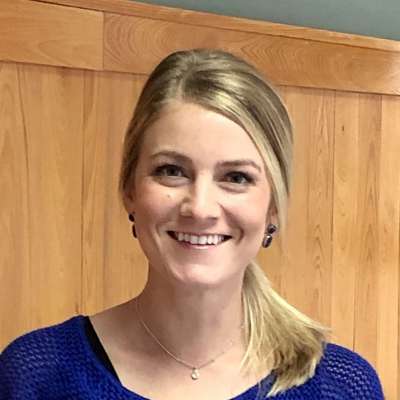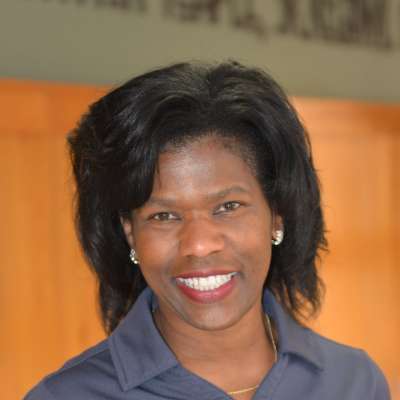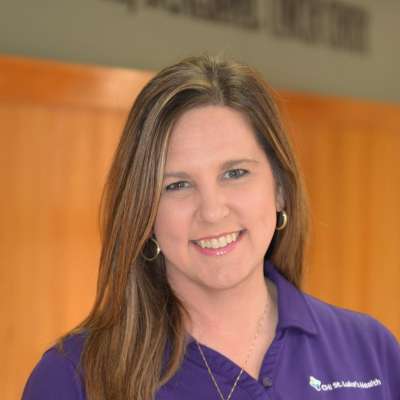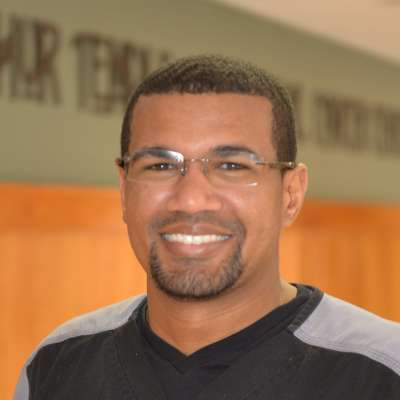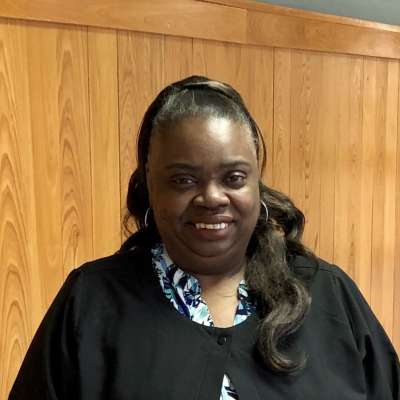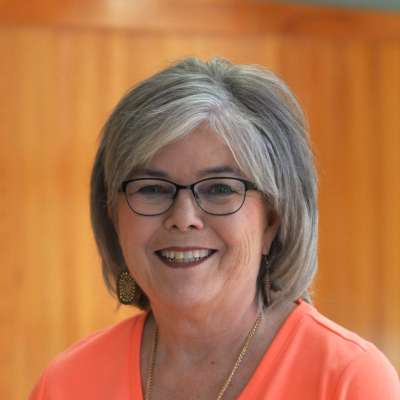New Year’s resolutions are all about positive change. Losing weight, exercising more, and getting organized top typical resolution lists.[1] The unspoken goal of all New Year’s resolutions, as I see it, is to be happier, usually by trying to fix something that is making us unhappy.
Happiness seems a reasonable goal, even if for nothing more than a temporary positive emotional feeling. I experience pleasure when I get my Standpipe latte every morning. It isn’t just about the latte. There are social interactions, pleasant surroundings, even the routine of the drive there and on to work. The whole process of getting a latte makes me happy. It’s a zen thing.
Christians tend to downplay happiness, preferring to focus on the more biblical joy instead. There are reasons for this, given the enduring, spiritual nature of joy and the arguably fleeting and selfish essence of hedonistic pursuits that often stand in for happiness. I am at my core a joyful person. But I am not always happy in the moment. Can anyone relate? Maybe I don’t desire the made-for-television lifestyle of the rich and famous, but there are pleasures in life that I don’t want to pass up. I admire the discipline of the monastery, but I could never be a monk.
It turns out pursuing happiness is not a pointless goal. There is scientific data supporting the health benefits of being happy. Health and happiness are correlated in both simple and profound ways. For example, dentists claim “an unhealthy mouth impacts not only general health but also emotional, social, mental, and overall physical well-being.”[2] No surprise, toothaches are not happy times. Same thing with migraines.[3]
I am especially interested in findings that being happy positively impacts our health. The American Heart Association notes that “happiness leads to healthier behaviors, it helps stave off high blood pressure and excess body fat, resulting in lower risk of stroke and cardiovascular disease.”[4] This is incredibly important, as 60% to 80% of primary care visits have a stress-related component.[5]
Ever wonder what leads to a lifetime of happiness and health? It turns out, we know.
The Harvard Study of Adult Development[6] began in 1938 and followed two groups of men in Boston for decades – one a set of inner city young men, the other Harvard sophomores – to track their physical and mental well-being over an incredible 75-year period of time. There was one finding that we consider indisputable today that was far from obvious in 1938: the single most important thing you can do for your health is avoid smoking. The study also found that alcohol was the primary cause of divorce among men in the study, and that alcohol abuse often preceded depression (rather than the other way around).[7]
Beyond the evils of tobacco and alcohol abuse, the surprise finding was the importance of good, close friendships and relationships (not the same as the number of Facebook friends):
“As the researchers looked at the factors throughout the years that strongly influenced health and well-being, they found that relationships with friends, and especially spouses, were a major one. The people in the strongest relationships were protected against chronic disease, mental illness and memory decline – even if those relationships had many ups and downs.”[8]
As study director Dr. Robert Waldinger notes, “Good relationships keep us happier and healthier. Period.”[9] Our social connections are really good for us, but only if they are quality relationships. On the flipside, loneliness kills. And living in the midst of conflict is really bad for us (I hope the politicians are listening). More recent Harvard surveys in 2010 and 2015 expand on the source of happiness with three related “goods” or motivations: doing good for others; doing what you are good at; and doing good for yourself.[10] That “Love your neighbor” stuff I write about all the time is actually good for your health!
As for negativity, I have commented to a number of people lately that the closer I get to retirement the less BS I am willing to tolerate. Stress and burnout are not unique to physicians, and I have written previously on the benefits of taking a sabbatical.[11] I stay attentive to the little (and not so little) things that reduce my happiness throughout any given day: toxic people, meaningless busywork, and just about anything related to the federal government, insurance companies, and healthcare reimbursement – not to mention the toxicity of social media and sensational news, which the Harvard study suggests is some of that negativity that is killing us.
Minimizing the BS in our life must be intentional: ending that toxic relationship; getting rid of a long commute; learning to cope with onerous rules and regulations; minimizing social media and sensationalism. As the Serenity Prayer, a mantra for Alcoholics Anonymous members, states, “God grant me the serenity to accept the things I cannot change, courage to change the things I can, and wisdom to know the difference.”[12]
Mark Twain, in an 1886 letter to Clara Spaulding, wrote, “There isn't time, so brief is life, for bickerings, apologies, heartburnings, callings to account. There is only time for loving, and but an instant, so to speak, for that.”[13] Maybe happiness – true, lasting happiness – is not that different from joy when sown with love. The evidence suggests the happiness that comes from heartfelt living, loving, serving, and caring for others and myself will improve my health as well. Twain didn’t have time for negativity. I don’t, either. But I do have time for – I must make time for – loving. That’s my New Year’s resolution. Will you join me? Here’s to a happier, healthier, and more loving 2023!
[1] https://www.goskills.com/Soft-Skills/Resources/Top-10-new-years-resolutions
[2] https://www.ncbi.nlm.nih.gov/pmc/articles/PMC9275208/
[3] https://pubmed.ncbi.nlm.nih.gov/35262052/
[5] https://jamanetwork.com/journals/jamainternalmedicine/fullarticle/1392494
[6] https://www.adultdevelopmentstudy.org/
[9] https://youtu.be/8KkKuTCFvzI
[11] https://drsidroberts.substack.com/p/theres-something-about-a-sabbatical-18-08-12
[12] https://www.aa.org/sites/default/files/literature/assets/smf-141_en.pdf

